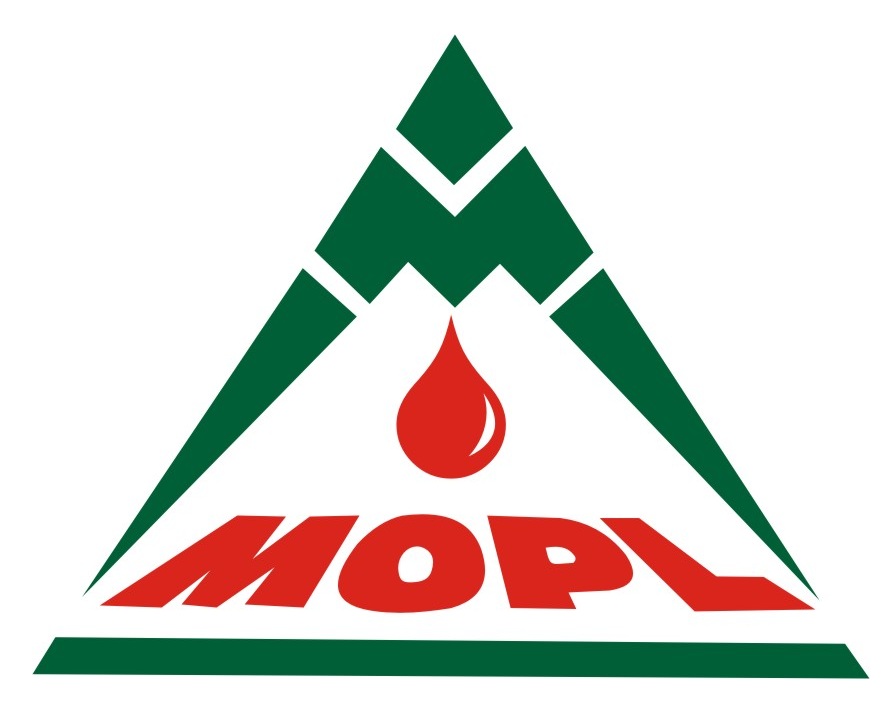
Menu
Certification
At the heart of our pursuit of certifications and awards lies a deeper commitment to our customers. We see these recognitions not just as accolades, but as a reflection of our expertise and dedication. As Manishankar we are continually striving to surpass expectations and establish new benchmarks in our industry.
FDA Certification
As we are FDA, Food and Drug Administration, approved which guarantees for our products to meet international food safety and quality standards. The FDA’s certification is a complex process which includes pre-market evaluation, registration, listing, labelling requirements, post-market surveillance under which it continues to monitor food product safety and efficacy which demonstrate to consumers that the product is reasonably safe and effective for its intended use.

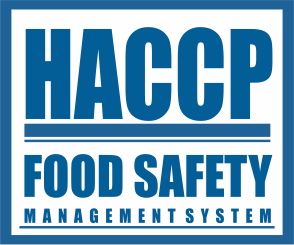
Hazard Analysis and Critical Control Point
HACCP is a documented and verifiable approach for the identification of hazards, preventative measures and critical control points and the implementation of a monitoring system.
Before HACCP is addressed, a Pre-requisite Programme must be put in place covering the general principles for Food Hygiene as produced by the Codex Alimentarius Commission.
HACCP involves the systematic examination of the many process steps involved in food manufacturing operations and the identification of those steps that are critical to the safety of the product. Full records must be kept of each study and the study must be verified on a regular basis and updated when changes occur. HACCP is principal based guidelines and not a standard like ISO, BRC, FSSC.
Halal Certificate
Halal promotes clean and hygienic way of food production to ensure that food is safe and not detrimental to consumers’ health, with the commitment to quality, growth, and to promote constructive progress with the highest level of integrity. The certificate is provided to us by the halal certification bodies in India.
Each process involved in the storage, processing, packaging, labelling, transportation activity, and all the equipment used in the making are in compliance with hygiene and sanitation standards are adequate. Therefore are suitable for consumption in countries including The Middle East, Saudi Arabia, and the United Arab Emirates.


WHO GMP Certification
Good Manufacturing Practice Certificate is given to the company by World Health Organisation, is one of the most vital certifications and is a proof of maintaining consistency in the production of goods as per the quality standards. It helps minimizing the risks in any stage of the production that cannot be eliminated through testing the final product.
GMP overviews all the aspects of production, from raw materials to production units, equipment, training, and personal hygiene of the staff. A systemized documentation acts as proof that the procedures in the manufacturing process are followed consistently.
It provides a framework for manufacturing, testing, assuring the quality and safety of food and other products. There are many countries that have put forward legislation according to which the food, pharmaceutical, and medical device manufacturers should follow GMP procedures and create their own guidelines in order to be compliant with the legislation.
Organic Processing Certification
Our company, Manishankar is accredited with the Organic Processing Certification, which is a system of process where an independent body reviews the production, processing, handling, storage and transport of organic food items.
The process typically includes a comprehensive review of cultivation practices including land management, usage of inputs, use of machinery, pest management and post-harvest in crops; rearing practices as per their natural behaviour, animal welfare, non-usage of synthetic feed additives and hormones, and limit the allopathic drugs and antibiotics usage in animal products.
It also includes processing and handling through document review and on-site physical inspection. To help the consumers and other buyers to make wise purchasing decisions, the packaging of all the certified products consists of the certification symbol.
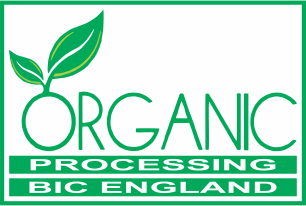
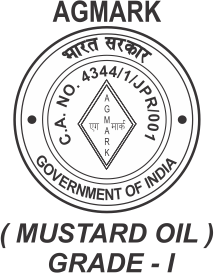
AGMARK
We are an AGMARK (Agricultural Marketing and Grading) approved organisation, a quality benchmark provided by the Government of India on all agricultural produce after verifying and checking all the products at the Central AGMARK Laboratory with the help of many technical teams, as per the rules and regulations of India AGMARK Act, 1937.
The certification is provided on many commodities including cereals, oils, oilseeds, spices, fruits, vegetables and other semi-products produced by farmers in different states. While the certification scheme is essentially voluntary, based on grading, for certain products viz. blended edible vegetable oil, fat spread. In case of sesame oil, honey dew, tea and ghee it has prescribed few conditional restrictions.
Government of India has allowed us to display AGMARK Grade1 symbol on the packaging of our products based on inherent quality of products and various other parameters related to cleanliness, extraneous matter, and active components.
Kosher Certificate
All our products are Kosher certified, an approval that the food is prepared in a clean and sanitary environment, and the food must be made from ingredients that are themselves kosher. Processed goods, on the other hand, are declared Kosher provided the manufacturing process has been supervised to ensure that no prohibited substances or mixes are present. The word ‘Kosher’, indicates purity and fit for human consumption.
Kosher certification agencies in India offer a process by which food manufacturers verify if the products comply with all food safety standards. Kosher foods have a label on their package that symbolizes that they have matched all the needs and are fit to consume.
Not just in Israel or the USA, the kosher certification is compulsory for food products exported to Europe and other Asian countries.
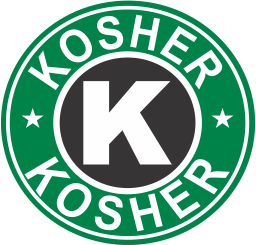

Food Safety Inspection Audit based on Schedule IV of FSSAI
Schedule IV of FSSAI introduces the concept of Food Safety Management System based on implementation of HACCP, Good Manufacturing Practices, Good Hygiene Practices and suitable pre- requisite programmes by actively controlling hazards throughout the food chain of businesses.
We conduct regular in-house independent audits as per the checklist developed by the FSSAI which helps us to efficiently inspect our complete food operation. These inspection checklists are also revised as per Schedule IV of Food Safety & Standards Regulation, 2011.
FSSAI has developed inspection audit for facilitating Food Safety Officers to efficiently inspect the Food Business Operators. The inspection checklists are used to identify the level of compliance with each requirement that is set out in the regulation.
The inspection checklist has been divided into five major sections namely- Design & facilities, Control of Operation, Maintenance & sanitation, Personal Hygiene, Training & complaint handling.
Good Agricultural Practices
Good Agricultural Practice is a certification system for agriculture, specifying procedures that must be implemented to create food for consumers or further processing to ensure the quality and safety of its produce.
Production of safe food is essential for protecting consumers from the hazards of foodborne illnesses and is important both in the domestic food business as well as for increasing competitiveness in export markets. Hazards may occur at different stages of the food chain starting right from the primary production, e.g. residues above permitted levels, microbial contaminants and heavy metals. These practices encourage promotion of the optimum use of resources such as pesticides, fertilizers, and water, and eco-friendly agriculture, to protect the health of field workers from improper use of chemicals.
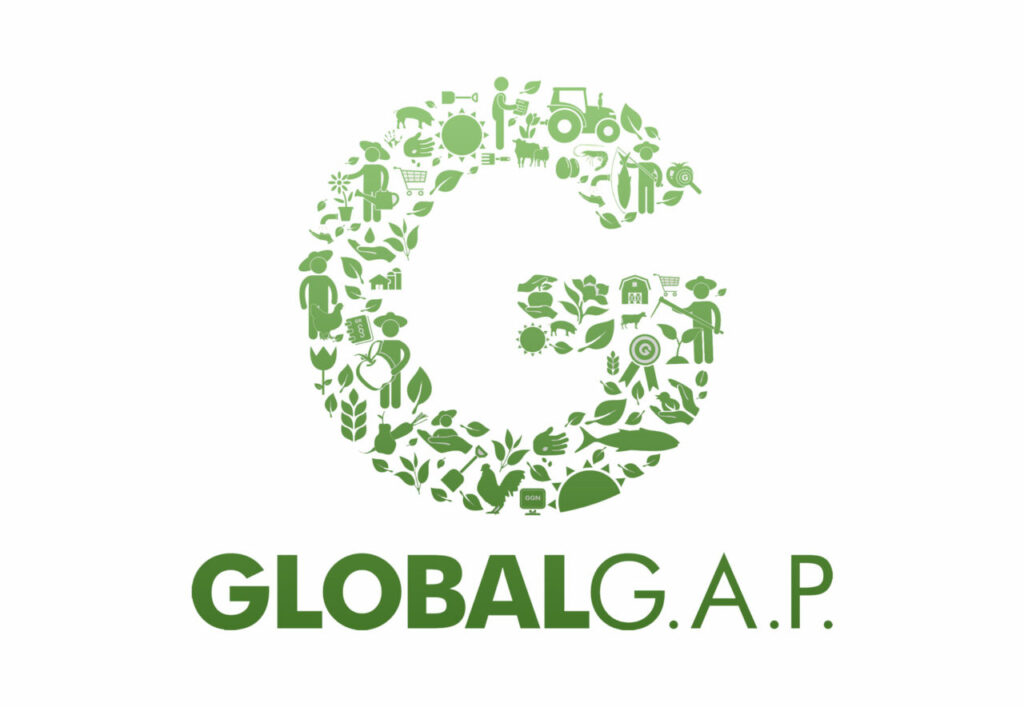
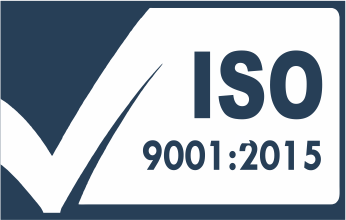
ISO 9001:2015
Manishankar holds an ISO 9001:2015 certification, an internationally recognized standard that specifies the requirements for a robust food safety management system, designed to align with the high level structure of other ISO management system standards. The updated standard includes a great focus on an effective food safety management system, new requirements and guidance on risk based thinking, supply chain management, and effective communication.
By adhering to the ISO 9001:2015 standard, we are demonstrating our commitment to food safety and improving our operational efficiency and effectiveness. As a result, it enhances our overall performance in the food industry.
Quick Links
Menu
About Us
We are driven to provide sustenance for our people, the environment, and the local communities we serve, while also upholding our commitment to environmental stewardship and social responsibility. With collaborative efforts, we can create a healthier food system that nourishes everyone.
Contact Info
- Address : 34, Shyam Kunj, Inside Hathi Babu Ka Bagh, Bani Park, Jaipur, Rajasthan 302016
- +91-9001799117
- [email protected]
Manishankar Theme By
SKT Ayurveda